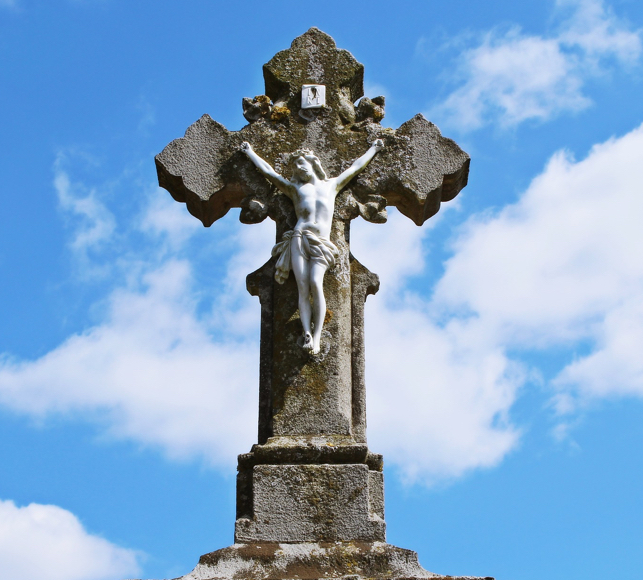Let’s dive into Burundi National Religion. Burundi, a landlocked country located in East Africa, is known for its rich cultural heritage and diverse religious practices. Religion holds great significance in Burundian society, shaping its customs, traditions, and social fabric. In this article, we will explore the national religion of Burundi, which is Christianity. We will delve into its historical background, its impact on Burundian society, and the challenges it faces in the contemporary context.
Historical Background of Burundi National Religion
Christianity has deep roots in Burundi, with its influence dating back to the colonial era. Early religious influences in the region were primarily animist and focused on traditional African beliefs. However, with the arrival of European colonizers, Christianity gained prominence. Missionaries played a crucial role in introducing Christianity to Burundi, spreading its teachings and establishing churches across the country.
Christianity in Burundi
Today, Christianity is the dominant religion in Burundi, with a significant majority of the population adhering to its various denominations. The Roman Catholic Church holds a prominent position, followed by various Protestant denominations such as Anglicanism and Presbyterianism. These denominations have established their presence through churches, schools, and healthcare institutions, contributing to the overall development of the country.
Christianity plays a vital role in the lives of Burundians. The faithful engage in religious rituals, including regular church attendance, prayer, and participation in sacraments such as baptism and Holy Communion. These practices provide a sense of community and spiritual guidance, offering solace and hope to individuals in times of difficulty.
Impact on Burundian Society
The influence of Christianity extends beyond religious practices and has shaped Burundian society in various ways. Christian values and teachings have become deeply embedded in the cultural norms and traditions of the people. Concepts of love, forgiveness, and compassion have been embraced, promoting social harmony and unity.
Christianity has also contributed to the development of education and healthcare systems in Burundi. Many schools and hospitals are affiliated with Christian organizations, providing quality education and medical services to the population. These institutions have played a crucial role in improving literacy rates, promoting healthcare awareness, and empowering individuals through education.
Challenges and Controversies Surrounding Burundi National Religion
Despite its widespread acceptance, Christianity in Burundi faces challenges and controversies. Religious conflicts and tensions have arisen, both within Christianity itself and in its relationship with other religious and traditional belief systems. These conflicts can be attributed to various factors, including differing interpretations of religious teachings, socio-political dynamics, and ethnic divisions.
Additionally, the coexistence of Christianity with traditional African beliefs and practices has led to syncretism, where elements of both religious systems are incorporated into daily life. This blending of beliefs can sometimes create conflicts and debates within the community.
Christianity and National Identity
Christianity has become an integral part of Burundian national identity. It is reflected in the country’s national symbols and ceremonies, with Christian rituals often integrated into official events. The national anthem includes references to God and blessings, emphasizing the religious foundation of the nation.
Conclusion
Christianity holds a significant position as the national religion of Burundi. It has played a crucial role in shaping the cultural, social, and educational landscape of the country. While it faces challenges and controversies, Christianity continues to be a unifying force in Burundian society, providing a sense of identity, community, and moral guidance.
FAQs
- Are there any religious conflicts between different Christian denominations in Burundi?
While Burundi is predominantly Christian, there have been instances of religious tensions between different Christian denominations. These conflicts can arise due to theological differences, competition for followers, or historical factors. However, overall, Burundians strive for religious unity and work towards peaceful coexistence.
- How has Christianity influenced the role of women in Burundian society?
Christianity has had a complex influence on the role of women in Burundian society. While some Christian denominations promote traditional gender roles, others emphasize equality and women’s empowerment. In recent years, there has been a growing recognition of the important contributions women make in both religious and societal spheres, leading to increased opportunities for women in leadership roles within churches and communities.
- Are there any specific Christian rituals or practices unique to Burundi?
Burundi has its own unique blend of Christian rituals and practices influenced by the local culture. Baptism and Holy Communion hold significant importance, and there are often traditional elements incorporated into these ceremonies. Additionally, communal prayers, singing of hymns, and spiritual gatherings play a crucial role in the religious life of Burundian Christians.
- What is the historical relationship between Christianity and traditional Burundian religions?
The historical relationship between Christianity and traditional Burundian religions has been complex. With the arrival of Christianity, there was often tension and resistance from traditional religious practices. Over time, a syncretic approach emerged, where elements of both Christianity and traditional beliefs were blended together. Today, many Burundians practice a form of Christianity that incorporates aspects of their ancestral beliefs.
- How does the government of Burundi support and regulate religious activities, specifically Christianity?
The government of Burundi recognizes and supports the freedom of religion. It respects the rights of individuals to practice their faith, including Christianity, without discrimination. However, religious activities are regulated to ensure peaceful coexistence and prevent any form of religious extremism or incitement of violence. The government works closely with religious leaders to promote social harmony and religious tolerance in the country.
References
- O’Brien, D. (2018). Christianity in Africa: From African Independent to Pentecostal-Charismatic Churches. Bloomsbury Publishing.
- Rutayisire, R. (2012). The Role of Christianity in Post-Genocide Burundi. Transformation: An International Journal of Holistic Mission Studies, 29(2), 94-106.
- DeLancey, M. W., & DeLancey, M. D. (2000). Historical Dictionary of the Republic of Burundi. Scarecrow Press.

